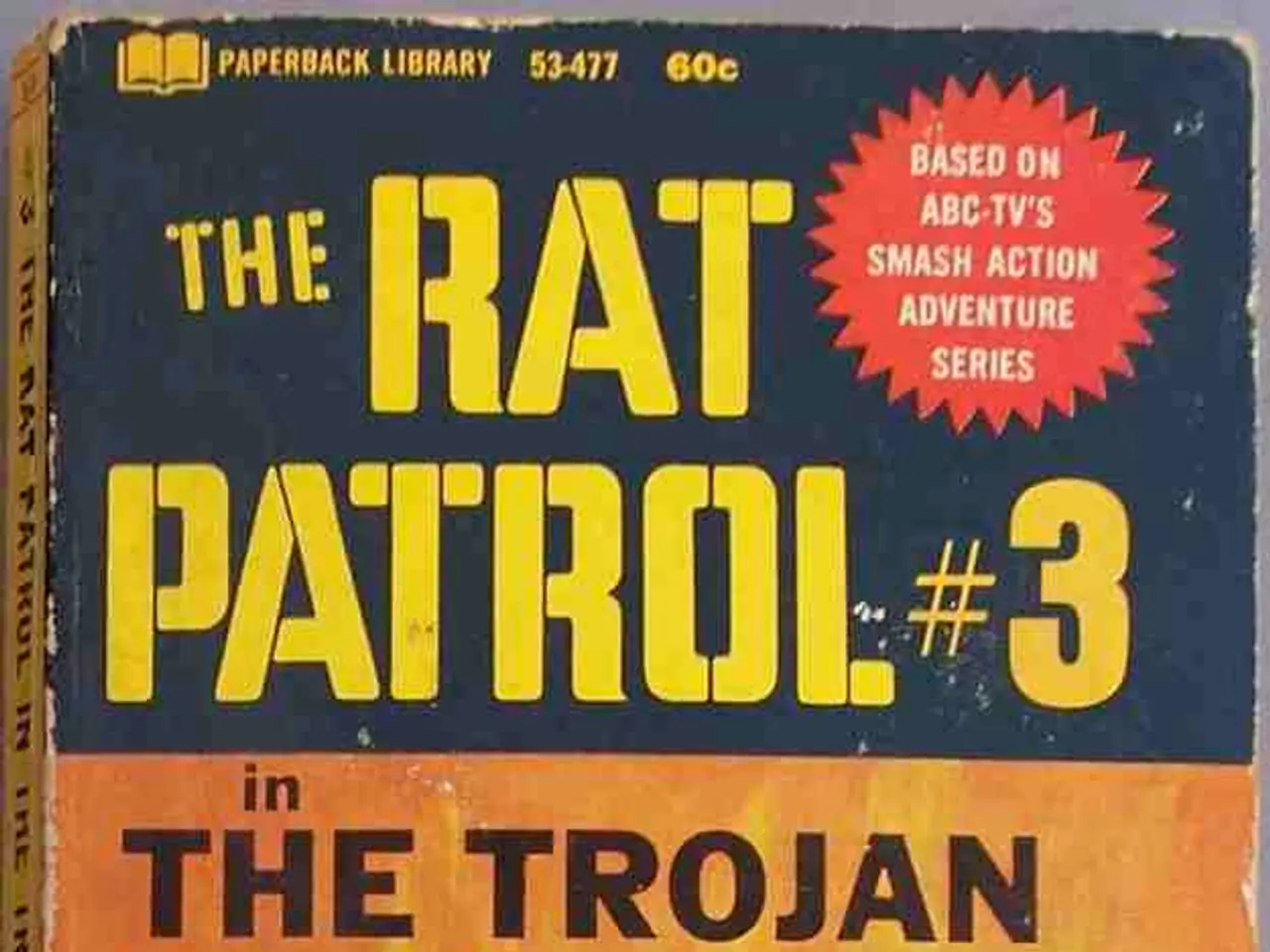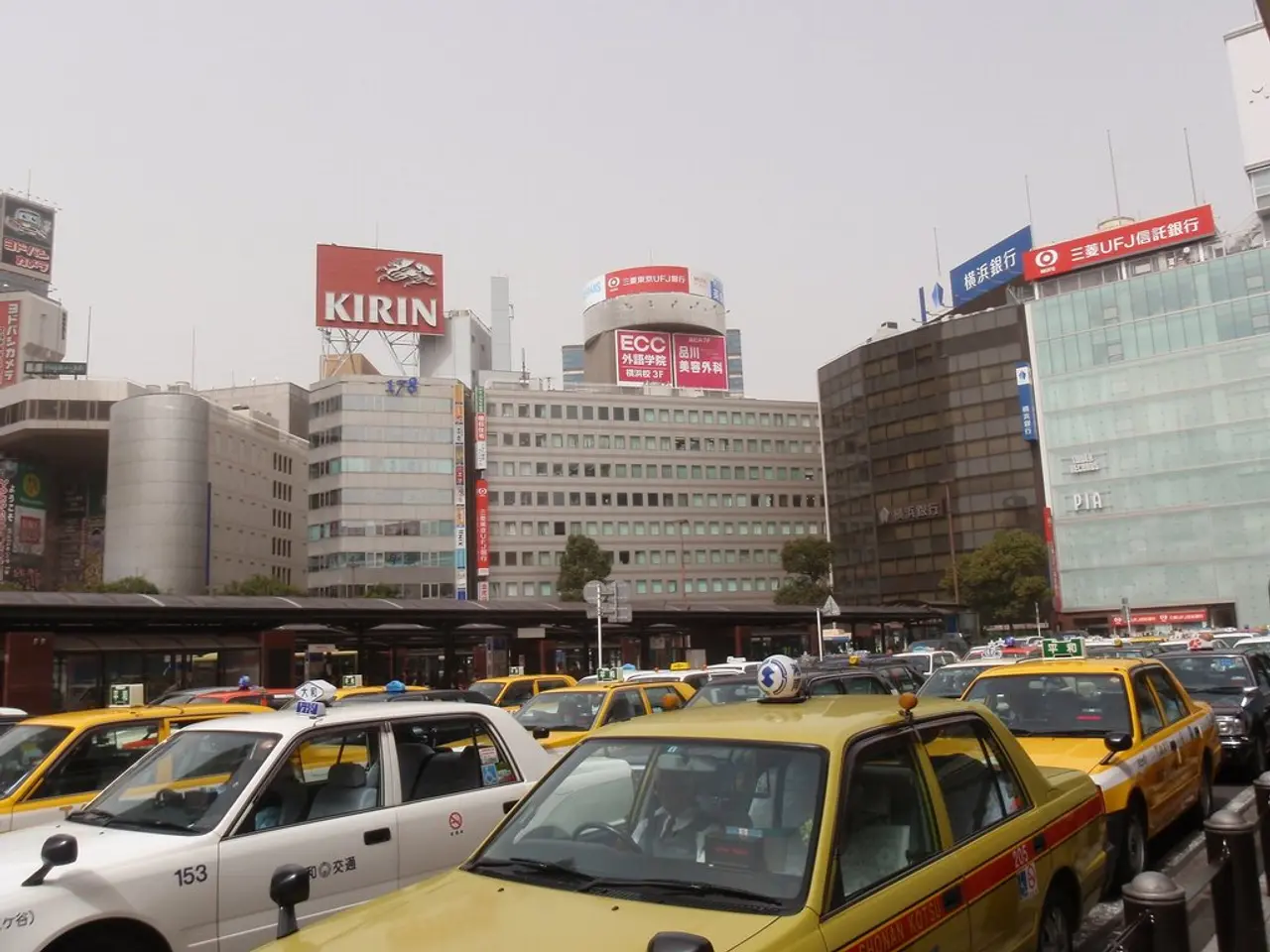A struggle by an Indian family to prevent a mother's imminent execution in the ravaged Yemen context
In a heart-wrenching turn of events, Nimisha Priya, an Indian nurse, faces imminent execution in Yemen. Sentenced to death by a Yemeni court in 2020 for the 2017 murder of her Yemeni business partner, Talal Abdo Mahdi, her execution is scheduled for July 16, 2025.
Nimisha, who hails from Kerala, first arrived in Yemen in 2008. She found work as a nurse in a local hospital and opened a clinic in Sanaa in 2014. However, the political conflict and turmoil in Yemen, which began in 2015, overshadowed Nimisha's aspirations.
The court in Sanaa sentenced Nimisha to death in 2020, and since then, diplomatic efforts from India have been underway to secure her release. The Attorney-General of India has informed the Supreme Court that due to Yemen's complex political and security situation, the Indian government has limited influence. Negotiations must proceed through informal channels.
The only remaining legal avenue to commute Nimisha's sentence is the acceptance of "blood money" (diya) by the victim’s family, a recognised path under Yemen’s Sharia-based justice system. However, the family has so far rejected this option, citing honour, which complicates the resolution.
Key community leaders, including Indian and Yemeni negotiators, and religious figures such as Kanthapuram A P Aboobacker Musliyar (a prominent Muslim leader from Kerala) and Yemeni Sufi scholar Shaikh Habeeb Ummer, have been engaged in discussions to persuade the victim’s family to accept the blood money and grant pardon.
Nimisha's mother has been in Yemen for over a year, personally advocating and supporting her daughter in prison. A Supreme Court hearing on the matter is scheduled for July 18, 2025, to review further developments.
Politicians from Nimisha's home state of Kerala have requested India's Prime Minister Narendra Modi to intervene and help secure her release. Amnesty International has also called on the Houthis to establish a moratorium on all executions and commute Nimisha's death sentence.
Samuel Joseph, a social worker assisting Nimisha's family, explains that Yemen's Islamic laws allow for clemency if the victim's family pardons her and accepts a payment called "diyah." However, the family's refusal to accept this option has complicated the resolution.
Nimisha's husband, Tomy Thomas, described her as loving, hardworking, and faithful. The case has received significant media attention in India, and a group of activists and lawyers founded the Save Nimisha Priya Action Council in 2020 to raise money for her release and negotiate with the victim's family.
As the execution date approaches, efforts to save Nimisha’s life are intensifying. The fate of Nimisha Priya hangs in the balance, and the world watches with bated breath, hoping for a last-minute reprieve.
- The world, including Indian politicians and human rights organizations like Amnesty International, are urging the Yemeni government to intervene and pardon Nimisha Priya, an Indian nurse sentenced to death in Yemen.
- Despite diplomatic efforts from India and negotiations involving key community leaders, religious figures, and the victim's family, Nimisha's execution, scheduled for July 16, 2025, looms due to the family's refusal to accept "blood money" (diya) as per Yemen's Sharia-based justice system.
- The general news and crime-and-justice segments of media are closely following the case of Nimisha Priya, an Indian nurse from Kerala, whose life hangs in the balance, waiting for a last-minute reprieve amidst war-and-conflicts and political turmoil in Yemen.







